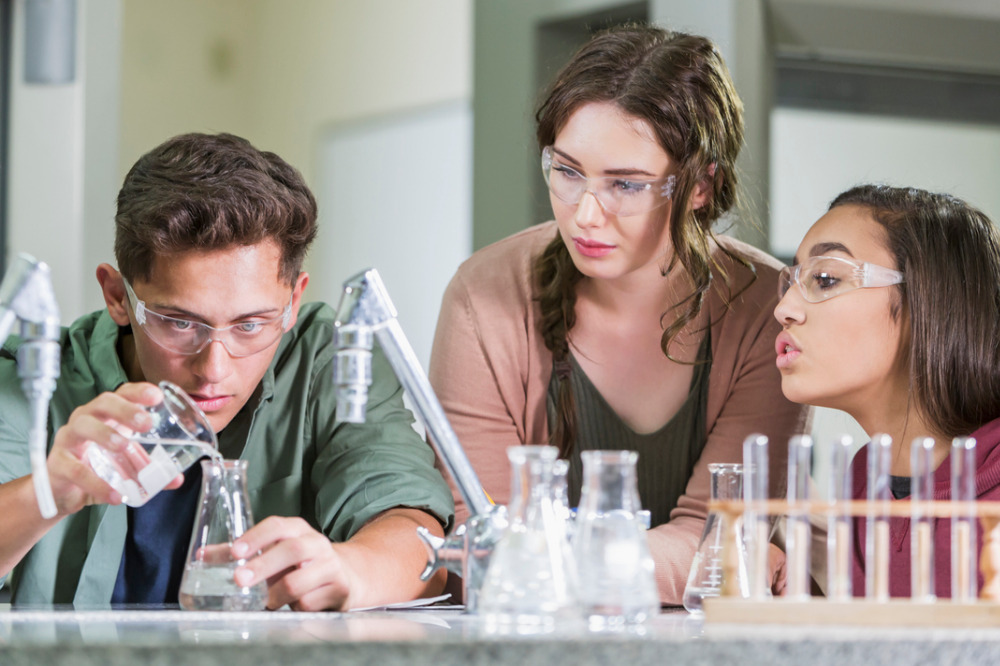
The Organisation for Economic Co-operation and Development (OECD) and Oxford University Press (OUP) have released a new framework, calling for science teaching worldwide to create a new generation of “science citizens”.
Science citizens are people equipped with the skills and knowledge to solve complex global challenges within an increasingly interconnected and data-driven world, by using science to help guide decision-making in life and understand how our actions impact the world around us.
The new Programme for International Student Assessment (PISA) 2025 Science Framework will test for skills that the OECD says are critical for the next generation to navigate pressing global issues such as climate change and “fake news”, with optimism that scientific literacy can enable students to create solutions.
It will assess students on their ability to use scientific skills to analyse data and evidence; examine how we can use science education to empower action for sustainability and the environment; and shape “science citizens” – people who can apply key information about health, environment, and the physical world to everyday life.
The Framework — developed by a group of international experts led by the OECD and delivered by OUP — will shape the 2025 PISA Assessment taken by a sample of over 500,000 15-year-olds, chosen to be representative of each of the over 90 countries and economies taking part.
OECD and OUP have used their expertise in science education and assessment — supported by leading experts from around the world — to understand what knowledge and skills children will need to address the scientific challenges of the next 25 years.
The results will inform policy makers, educators, and the general public about the capabilities and progress of 15-year-olds in their country, as well as provide a global view on how well education systems are preparing students for the future.
Andreas Schleicher, OECD Director for Education and Skills, said:
“We know that a good science education is one of the best investments we can make into the future of our economies, our societies and our planet, which is why we need a change of approach.
“Science education must help young people make sense of a rapidly changing world, build an evidence-based view, and take responsible decisions.
“We should also give young people optimism that science will find answers to the major global challenges today, building a growth mindset that helps people engage with the unknown.”
Fathima Dada, OUP’s Managing Director for Education, said:
“We’re honoured to have been chosen to deliver this important work for PISA that will be a catalyst for an evolution in science education, enabling young people to combat climate change in an age of misinformation.
“OUP wants to equip young people everywhere with the knowledge and skills they need to understand these complex challenges, empowering them to make informed decisions, and be part of the solution.
“We have applied our global experience in science education to create a Framework that will not just shape the 2025 edition of PISA, but will also show the way of the future of science teaching.”
This article originally appeared as a media release from the OECD and OUP.


